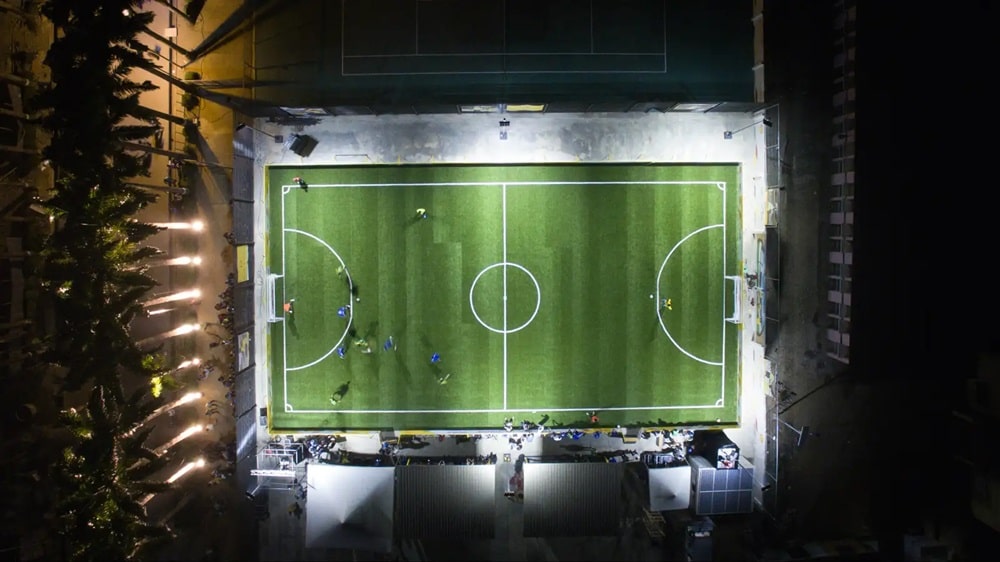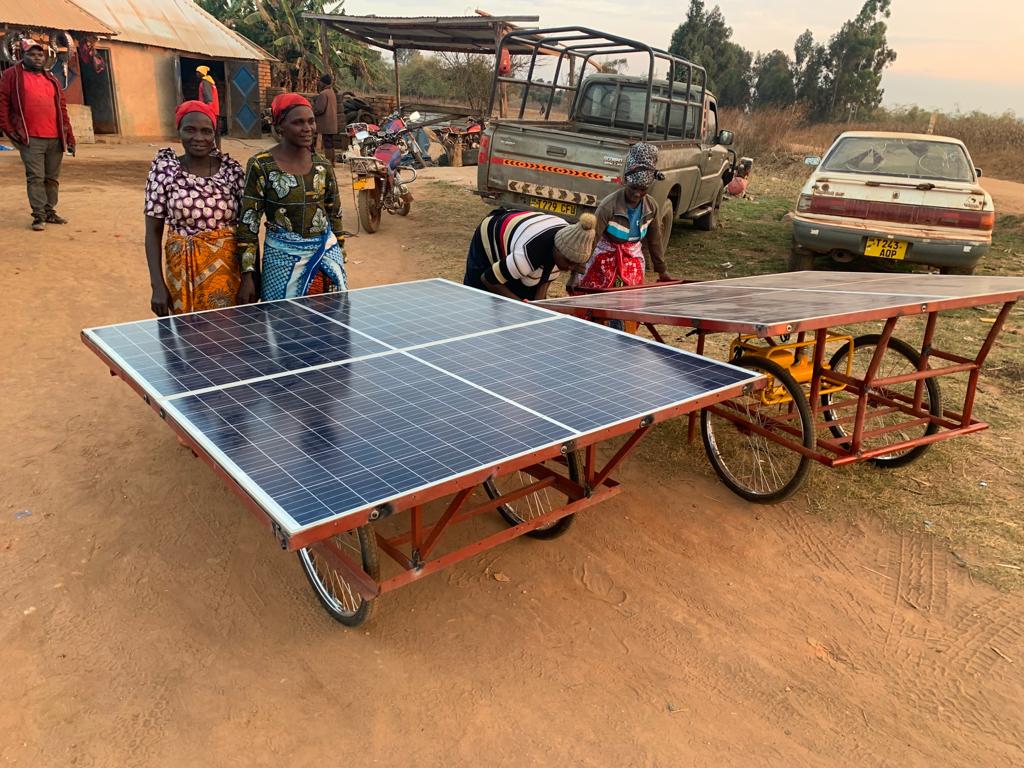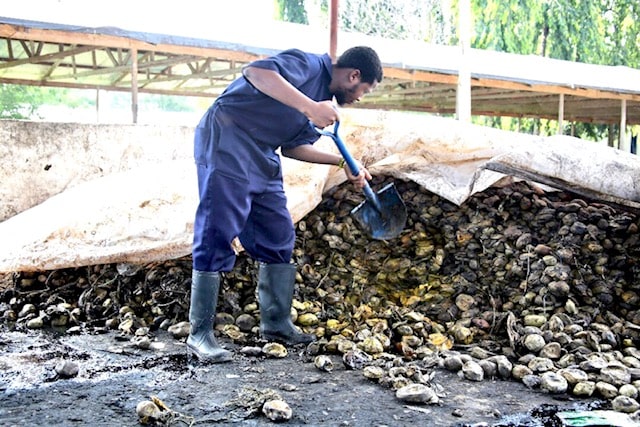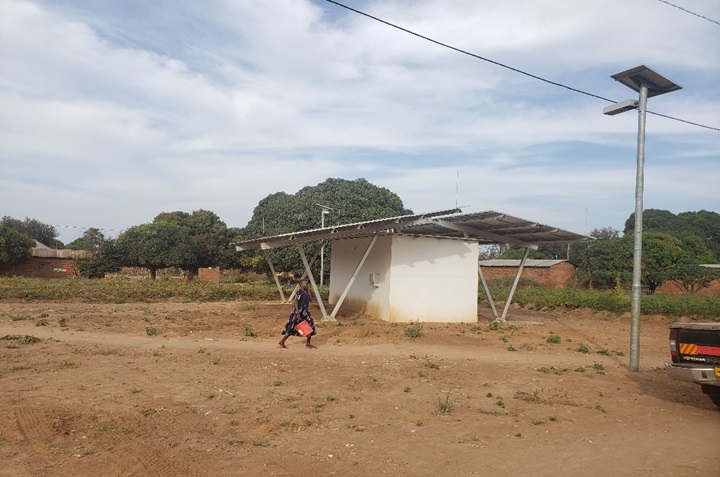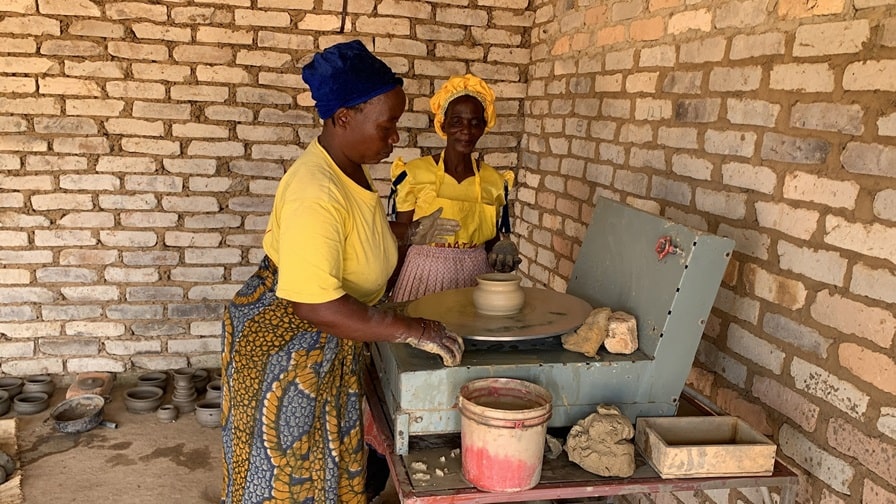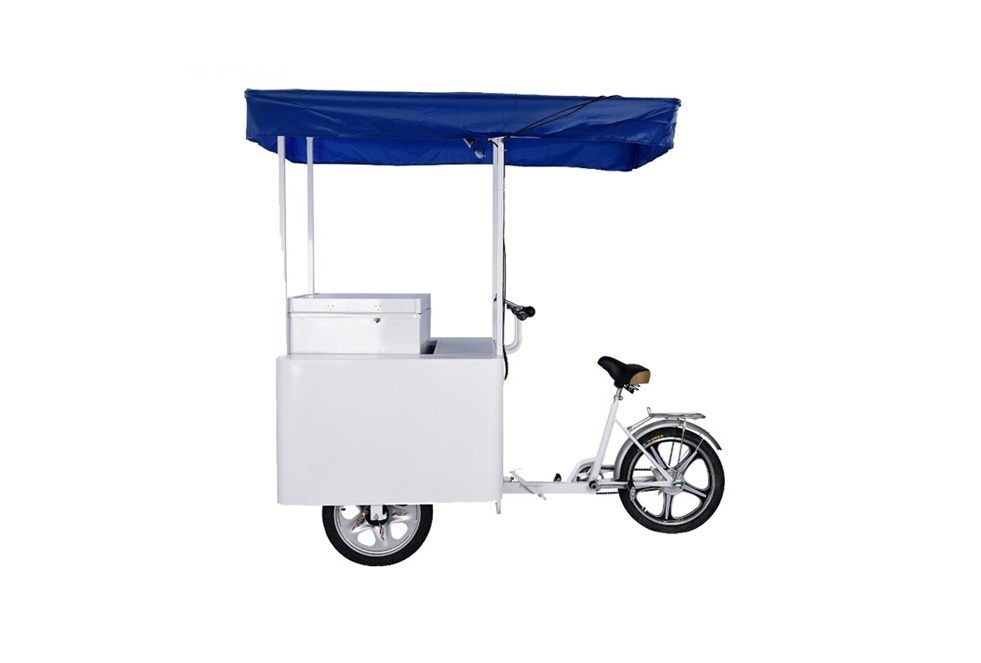Seven years ago, residents of Oltukai village in Monduli District, had to travel many kilometers to neighboring villages to access health services. The village located in Arusha region, Northern Tanzania, had no health facility and getting medical treatment was luxury here.
To save their lives, locals here used traditional medications and pregnant women gave birth in their homes. In serious complications, some who were not able to hire a car or motorcycles, had to walk many kilometers to get treatments from the district health center.
The villagers were relieved from the hardship when the government decided to construct a dispensary in the village.
However, the construction of the dispensary by the time did not solve all the problems in healthcare. Oltukai dispensary did not have electricity immediately to serve patients at night or provide services which depend on electricity.
Midwives had to provide services by using paraffin lamps or torches as an alternative lighting source at the health facility.
“Since I arrived here in 2018 until 2020, we have had poor working conditions due to the lack of electricity at the facility. It was a challenge for us to provide services, especially at night because we couldn’t see and this was endangering even our health,” says Yasinta Basil, a Midwife at Oltukai Dispensary.
The light from mobile phones and oil lamps was also never enough to help them see and provide the quality health services to their patients.
While kerosene was the most used source of lighting energy, Raphael Lomnyaki, a Oltukai Village Executive Officer says there were very few shops that were selling it adding more issues at the healthy facility when they received patients at night.
“There was no difference between giving birth at home and in the dispensary because it was dark everywhere. Mothers and children had a lot of trouble accessing health care,” says Lomnyaki who heads a predominantly pastoral and agricultural village.
The problem was facing many villages in the district. In other parts of the district, residents of Eluwai were facing the same problems in accessing quality healthcare. The Eluwai dispensary also did not have electricity since its inception in 2018.
EluwaI villagers were also traveling over 20 Kilometers as to access medical services. Like in Oltukai dispensary, getting service at night was a nightmare because the health facility did not have electricity.
Five years later the situation changed, thanks to the solar power that was installed by a local non-governmental organization, Elico Foundation, to provide electricity in the facility.
Now there is light from morning to midnight and various machines at Oltukai dispensary for storing medicines and medical equipment have been operating all hours since 2022 when the installation of a solar system in the dispensary was made.
According to a new report from the World Health Organization (WHO), the World Bank, the International Renewable Energy Agency (IRENA) and Sustainable Energy for All ( SEforAll), approximately 12% and 15% of health-care facilities, respectively, from low- and lower-middle-income countries of South Asia and Sub-SaharanAfrica have no access to electricity.
The report shows that at least 25,000 health-care facilities in Sub-Saharan Africa have no electricity access and 68,350 health-care facilities only have access to unreliable electricity. Only half of hospitals in sub-Saharan Africa have access to reliable electricity, the report shows.
The availability of electricity in any health facility has dozens of benefits including saving lives.
Lupembe Lwasenga dispensary in Iringa region, Southern highland of Tanzania started using a small solar panel as a way to solve the electricity crisis. The solar was not solving all electricity needs but helped to provide lights that helped nurses and midwives provide services.
However, the administration in this facility says, during the rainy season the solar panel was not efficient at all, pushing them back to darkness.
Pregnant women had to use their cellphones flashlights, kerosine lamps, or candles to enable nurses to see the same as in two villages in Arusha. The situation saddened the service providers and patients as well.
The health effects of smoking dirty from candles and kerosine lamps did not leave the babies and their mother’s safe.
“The number of patients who came to the dispensary for services was big, but we could not handle all of them on time due to the lack of electricity,” says Eveline Kadege, a Midwife at Lupembe Lwasenga Dispensary.
In 2020 the electricity system was upgraded by installing large solar power panels which enabled the facility to have full access to lights, operating the refrigerator that stores medicines and vaccines and other things.
“Since then, until now we are okay and provide health services to our patients at any time without worries,” Eveline says happily.
The dispensary Eveline is working is serving other neighboring villages of Itwaga, Msuluti and Lyamgungwe village.
The installation of the solar power system has brought positive results to the people of those areas, as there is an assurance of accessing quality health care.
The results have been seen in the campaign to vaccinate children who missed vaccines which was first initiated by educating the community on the importance of the vaccines. In these 4 days campaign, where vaccines were stored in refrigerators at Lupembe dispensary, 210 children were vaccinated.
Felister Pangalasi, Lupembe Lwasenga villager, said they are happy now to see their dispensary is connected to reliable electricity and they are getting quality healthcare.
She said the electricity has reduced the high cost that was bothering her and fellow villagers.
Before the installation of the electricity in the dispensary, she said, they used to access vaccines from Mgama Village and sometimes their children missed them.
“By now, our children are vaccinated here, pregnant women give birth here and even in the future I believe God will help us and our clinic will become bigger so all the operations will be done here too,” Felister said, adding that before the installation of the electricity in the dispensary, they used to access children vaccination services from the neighboring village, Mgama.
“Sometimes we would miss vaccines for our children,” she said.
With the support of Shine Campaign, Elico Foundation managed to install and commission two solar microgrids in Oltukai and Eluwai villages to power lab equipment, refrigerators and lighting for the entire health facilities 24 hours a day.
While these few dispensaries have access to electricity, in some localities locals still suffer for not having reliable or no electricity at all.
Tanzania’s government and clean energy stakeholders have been investing heavily in electrifying rural areas including service facilities such as health centers through the Rural Electrification Energy initiatives but not all villages have been connected due to the financial constraints.
Clean energy experts and investors said investing in solar power will reduce more burden to people living in remote areas by providing reliable electricity.
Solar energy is best solution
Sisty Basil, an Executive Director at Elico Foundation, whose organization has installed solar systems in dozens of villages in Tanzania said there is higher demand for solar-powered systems in health facilities located outside the national grid in Tanzania than the supply due to financial constraints.
So far, he said, the organization in partnership with the government of Tanzania and other stakeholders has managed to install large solar power systems that will act as a great backup or main source of power in health facilities of Lupembe Lwasenga, Oltukai and Eluwai.
The system can also run an ultra-sound machine and provide sufficient power to run a fridge for storage of vaccines and other lifesaving medicines.
“So far, we have served in five health centers in the three regions of Iringa, Dodoma and Arusha. Unlike Iringa and Arusha. The health centers of Dodoma (Leganga and Ngutoto) have been linked to the Solar Minigrid project,” said Basil, adding still more villages need the service.
“We decided to invest our resources in this area because there are other economic projects that run on solar power…we want to ensure that the community we serve gets the best health services so that it can participate in these development projects.”
The solution to these challenges, he said, is solar energy as it is cost-effective, environmentally friendly, and can be installed quickly.
“Solar energy has a potential to power health appliances and thus improve people’s lives and enhance efforts to achieve Sustainable Development Goals (SDG’s),” he said.
Through the Rural Energy Agency (REA), the government has continued to ensure that all villages and neighborhoods have access to electricity, especially in hospitals, schools and households in general.
More villages, health facilities needs electricity
By December 2022, the Ministry of Energy said it had connected 9,467 villages in Tanzania Mainland equivalent to 77 percent and that they are working hard to connect health facilities and other services including schools.
Energy minister, January Makamba told electrical contractors in January 2023 in Dodoma that they have ongoing projects worth 6 trillion Shillings that aims to connect all remaining villages and streets. “Our intention is to achieve this project within a short period of time not exceeding six years,” Makamba said.

